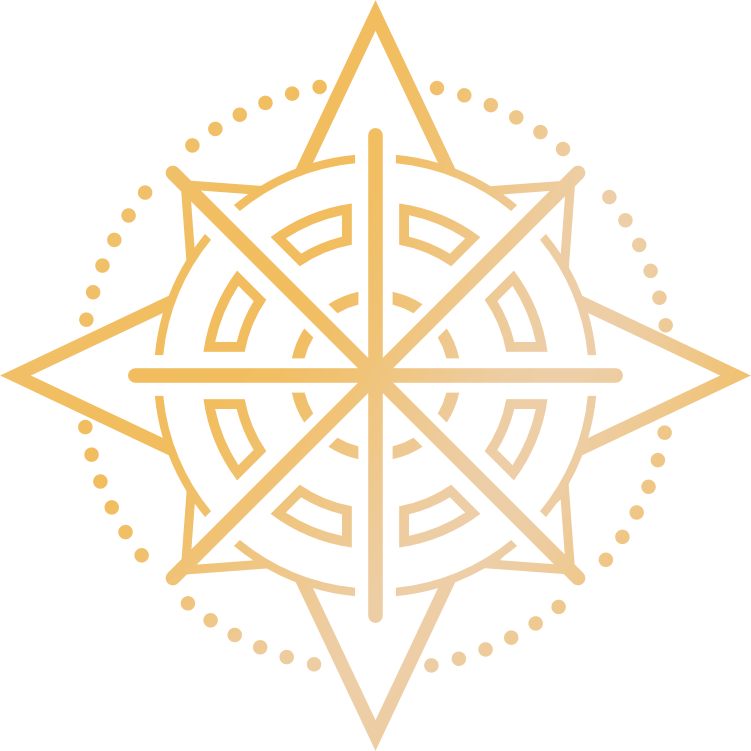Numerology in Hiring
Ever been curious if there’s a science to “gut feelings” when hiring, or why some teams just click? Some HR pros and managers are exploring numerology—a system that assigns meaning to numbers tied to people’s names and birthdays—as a tool for candidate assessment. But can it actually help you find the right person for the job? Let’s unpack how numerology can fit into hiring, without losing sight of real-world skills, fairness, and science.
Numerology in Modern Hiring — Context & Caveats
Numerology isn’t a replacement for interviews, references, or skills tests. But as a supplementary lens, it offers a structured (if unconventional) way to consider personality, communication style, and team fit. Some global companies experiment with it in team workshops or leadership coaching—rarely as the sole hiring metric.
“Numerology is like personality tests: interesting, sometimes insightful, but never the whole picture.”
So, if you’re hiring for a role with many equally qualified candidates, numerology might help you spot team dynamics or overlooked strengths. But use it ethically—never as a screening tool, and always with candidate consent.
Real Example: The Case of the Stuck Sales Team
Last year, a tech startup’s sales team was underperforming. They’d hired based on resumes and interviews, but something just wasn’t clicking. The founder (let’s call her Jane) wanted to try something new—numerology, but with clear boundaries.
She used numerology profiles (based on birthdays and names) alongside standard assessment tools, not instead of them. The results? Jane didn’t discover a “magic number,” but she did uncover communication patterns that helped her rethink team roles. The team had several “3s” (creative communicators), but no “4s” (detail-oriented planners). She didn’t fire anyone—she simply shifted responsibilities, offered targeted training, and eventually, performance improved.
How to Responsibly Use Numerology in Candidate Assessment
Step 1: Know the Basics
Numerology typically uses two main numbers:
- Life Path Number — calculated from the candidate’s date of birth; shows core traits and work preferences.
- Expression/Destiny Number — derived from the full name; relates to talents and communication style.
Calculate these numbers using simple online tools or apps—see below for recommendations.
Step 2: Get Consent and Context
Always ask before using numerology. Frame it as a fun, optional insight, not a pass/fail test. Explain that it’s just one of many tools you use to build a stronger team.
Step 3: Calculate and Interpret Numbers
Use a calculator (see “Tools” section) to get the Life Path and Expression numbers. Then, look up basic meanings—most guides provide strengths, weaknesses, and potential team roles for each number.
Step 4: Integrate with Real-World Data
Compare numerology insights to interview notes, assessments, and reference feedback. For example:
- Life Path 1 (The Leader): Does this match their leadership experience or interview answers?
- Expression 7 (The Analyst): Does this fit the way they approach problem-solving?
Look for patterns, not prescriptions.
Step 5: Reflect, Discuss, and Decide
Use numerology as a final-check conversation starter, not a decision trigger. For example: “We noticed your numerology profile highlights collaboration—how does that show up in your work?”
15-Minute Numerology Assessment Checklist
- Candidate permission secured (5 min)
- Birthdate and full name collected (2 min)
- Numbers calculated via online tool (2 min)
- Key traits reviewed for Life Path/Expression (3 min)
- Cross-reference with interview & assessment notes (3 min)
Sample Numerology Calculator Tools
- Numerology.com Calculator (free, simple interface)
- Numerologist.com Free Calculator (free, includes report)
- Numerology App for Android
Numerology Books & Tools for HR — Practical Recommendations
Looking for a deeper guide or a practical workbook? Here are some honest picks, with pros, cons, and who they’re best for:
| Name | Key Feature | Format | Price Range | Amazon Link |
|---|---|---|---|---|
| The Complete Book of Numerology by David Phillips | Clear meanings, work-focused tips | Paperback, Kindle | $10-15 | Check price on Amazon |
| Practical Numerology by Sonia Ducie | Quick charts, easy calculations | Paperback | $12-18 | See today’s deal |
| Numerology Workbook (for teams) | Templates, team exercise guides | Paperback | $8-14 | Check price on Amazon |
- Pros: Affordable, easy to read, good for HR workshops.
- Cons: Not peer-reviewed science, may feel “out there” for some teams.
- Best for: Small teams, HR pros open to new ideas, leadership training.
Responsible Use: Best Practices & What to Avoid
- Do: Use numerology as a conversation starter, not a gatekeeper.
- Do: Always secure informed consent.
- Do: Combine with skill and personality assessments.
- Don’t: Use as a sole hiring criterion.
- Don’t: Make claims you can’t back up with data.
- Don’t: Pressure candidates to participate.
Pro tip: “If in doubt, treat numerology like a personality quiz—fun, potentially useful, but not a reason to rule out great talent.”
Further Reading & Tools
- The Pros and Cons of Personality Tests in Hiring (Harvard Business Review)
- SHRM: Personality Tests in Hiring
- Numerology.com Articles
Final Thoughts: Numerology as an Insight, Not a Rule
Numerology can be a creative way to think about teams, especially if you’re stuck or looking for new perspectives. Used responsibly—never as a screening tool, but as a supplement to robust hiring practices—it may spark new conversations or help you spot hidden patterns. Just remember: science, fairness, and real-world skills always come first.
Some links in this post may be affiliate. You pay the same price, and this blog may earn a small commission to keep the lights on.







